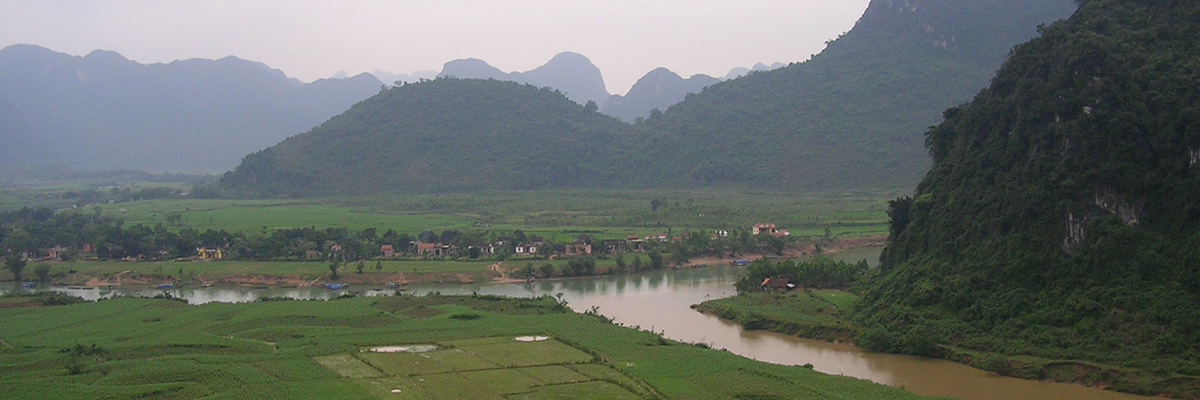The ecosystems that support human and other species’ health are under severe strain in the Anthropocene Epoch – including global heating that has been named the existential crisis of our time.
To address this, the UN’s IPCC says that massive social changes must occur by 2030. Nurses and midwives are first responders and crucial to ensuring that healthcare operates with a lighter environmental impact as well as delivering health needs in the face of extreme weather, disease shifts, pollution, nutrition changes, and displaced populations.
These planetary health issues are the key drivers of human health and social integrity of our era, and action is needed now.
In response to this call, Yale School of Nursing (YSN) has launched a Planetary Health Initiative. This effort focuses and leverages our science, teaching, leadership, and practice to ensure ‘better health for all people…and the planet.’ In doing so we join efforts across Yale and the globe. Our work includes:
Planetary Health Continuing Education Project
YSN has collaborated with partners Healthcare Without Harm (HWH) and the Alliance of Nurses for Healthy Environments (AHNE) to develop an online Continuing Professional Development (CPD) course on Planetary Health for Nurses. Free Yale Nursing continuing education credits for this course will be given to participants among the target audience of 4 million practicing nurses in the US who are crucial to ensuring sustainable health care delivery.

Planetary Health Faculty Network
Associate Dean for Global Affairs and Planetary Health & Global Affairs, Dr. LaRon Nelson, co-leads the Planetary Health Faculty Network of the Yale Institute for Global Health (
YIGH). Pilot grants will be available for faculty work in this area through YIGH’s sustainable health innovation initiative.
Science
YSN faculty efforts in this space includes research on urban health, health system strengthening, global health, mHealth, mental health, and community engagement of structurally vulnerable populations, collaborating with Yale Schools of Public Health, the Environment, Medicine and others.


